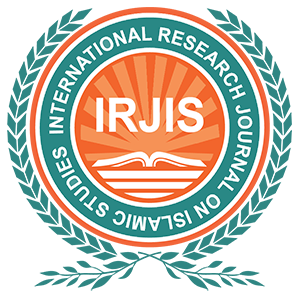Abstract:
This study delves into the profound significance of social management in safeguarding the rights of the weaker sections within Islamic societies, drawing insights from the Quran and Hadith. In Islam, social management encompasses the establishment of equitable frameworks that ensure justice, dignity, and protection for all members, particularly those considered vulnerable or marginalized. Through an exploration of relevant Quranic verses and Seerah of Muhammad (PBHU), this research elucidates the ethical imperatives incumbent upon individuals and communities to uphold the rights of the weaker segments. The Quran underscores principles of compassion, fairness, and collective responsibility towards the less privileged, advocating for proactive measures to alleviate their hardships and integrate them into the social fabric. Likewise, Hadith literature provides exemplars of the Prophet Muhammad’s (PBUH) compassionate governance, emphasizing the importance of equitable distribution of resources and the equitable treatment of all individuals irrespective of their socio-economic status. By elucidating the foundational principles embedded within Islamic teachings, this study seeks to inform contemporary approaches to social management, fostering inclusive societies where the rights and dignity of weaker sections are upheld as integral tenets of Islamic ethics and governance.
Keywords: Social management, Rights, Weaker sections, Quran, Hadith

